
“When God cooks, you don’t see smoke.” – African proverb
We have always expected our politicians and politics to fight corruption, so much so, we have labelled it a a political challenge. This could be in part, the result of the politicians constantly beating their chests as the most competent group of people to solve our corruption culture.
Some amongst us disagree with that assertion primarily because, from a philosophical standpoint, corruption is not simply the abuse of public office, but a disorder of the moral will of the individual and a failure of virtue ethics in the wider society. This understanding of the disorder tells us that our best option is to charge those with moral authority to lead the fight against corruption.
In our context, where religion commands widespread moral legitimacy across the social classes and political divides, they are most likely our best option to lead the fight against corruption. Interestingly, our religiosity reveals a moral contradiction. We are a people who publicly revere God but privately, we excuse wrongdoing.
The ultimate question is not whether religious bodies can fight corruption, but will they? This is fundamentally a question of moral courage, institutional integrity, and willingness to actualise the potential that religion can play in combating corruption.
It is no secret that our religious institutions have access to communities that political and civil society organisations struggle to reach. From a sociological perspective, Émile Durkheim, the French sociologist would argue they function as ‘moral communities’ that generate collective consciousness and social solidarity.
To this end, they are not merely spiritual spaces but powerful social structures. Their leaders are frequently seen as moral compasses in their communities, and command great respect, which they often use to influence both individual behaviour and cultural norms around ethics and accountability.
This is the potential at our disposal to fight corruption, if truly our crusade is not just talk. Religion is organically embedded in our cultural systems. They do not just speak the moral language that the people understand, but they also engage with the indigenous concepts of community responsibility, and have legitimacy that other leaders lack. They are therefore gifted with a dual ethical mandate that can help to restore the alignment between our moral beliefs and our moral actions. Then also, they can help to rebuild the ethical imagination of the people by redefining integrity not as a personal choice but as a social duty and a sacred trust.
We must inspire religious institutions from just contenting themselves with issuing periodic condemnations of corruption. The time has come for us to remind them that it is their duty to reframe integrity not as a civic virtue alone, but as a spiritual obligation. They should know better that integrity is a sacred calling rooted in divine command and communal responsibility.
And since corruption is not merely a breach of law, but a betrayal of love; it violates the “Love your neighbour as yourself” commandment. Every act of bribery, embezzlement, or abuse of power is a wound inflicted upon God’s children. It is a theft from the poor, a distortion of justice, and a rupture in trust. It is sin, plain and grave.
Moreover, corruption undermines stewardship. We are not owners of public goods, but caretakers before God. To misuse resources is to defile the altar of service. It is a failure to honour the image of God in others and in ourselves.
Therefore, religious leaders must move from denunciation corruption to properly discipling their followers. They must use their sermons and homilies as workshops. And they should let their people understand that they must practice what they pray for. Integrity must be cultivated in homes, pulpits, choirs, and councils. The faithful must be formed to see honesty not as an option, but as worship.
But the biggest advantage that religion has is what we call institutional longevity. Almost all the religious institutions typically outlast political regimes. That is the more important reason why we must task and encourage them to take up the fight against corruption.
As a matter of fact, our political machinery should engage them as allies if we want to free our nation of corruption. Their deep roots in culture, community, and tradition give them a kind of moral and structural permanence that political systems rarely achieve. This means they can start and sustain a long-term campaign of ethics and moral integrity compared to any political party.
It is time for religion to reclaim its prophetic voice, not just to rebuke, but to rebuild. For when the spiritual formation of the people deepens, we would go great lengths to renew our civic responsibilities…
The post The Attitude Lounge with Kodwo Brumpon: Our best option appeared first on The Business & Financial Times.
Read Full Story
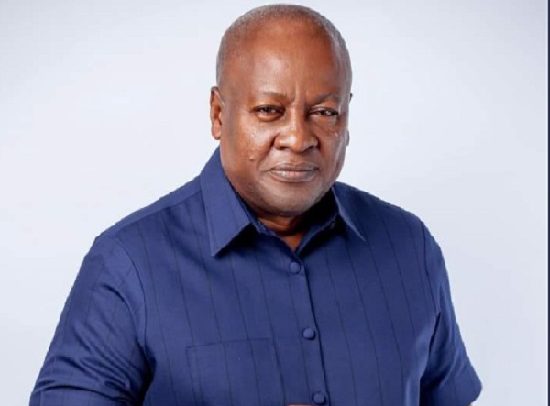

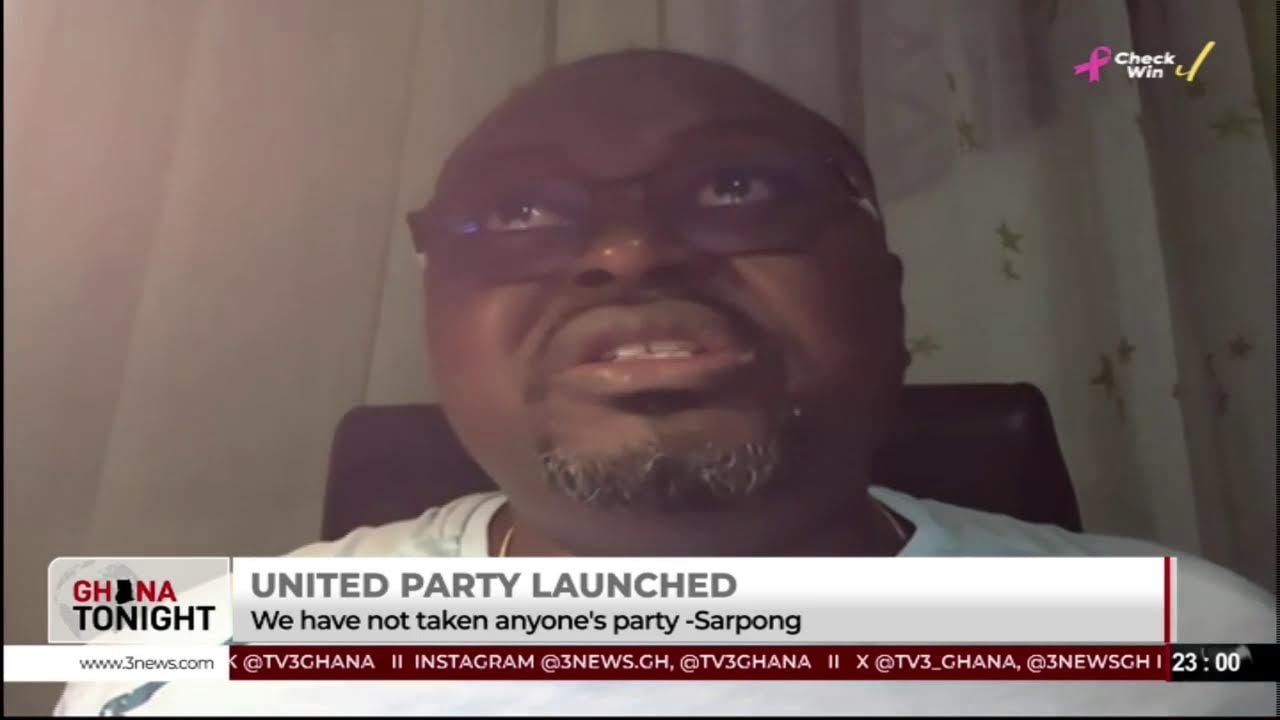
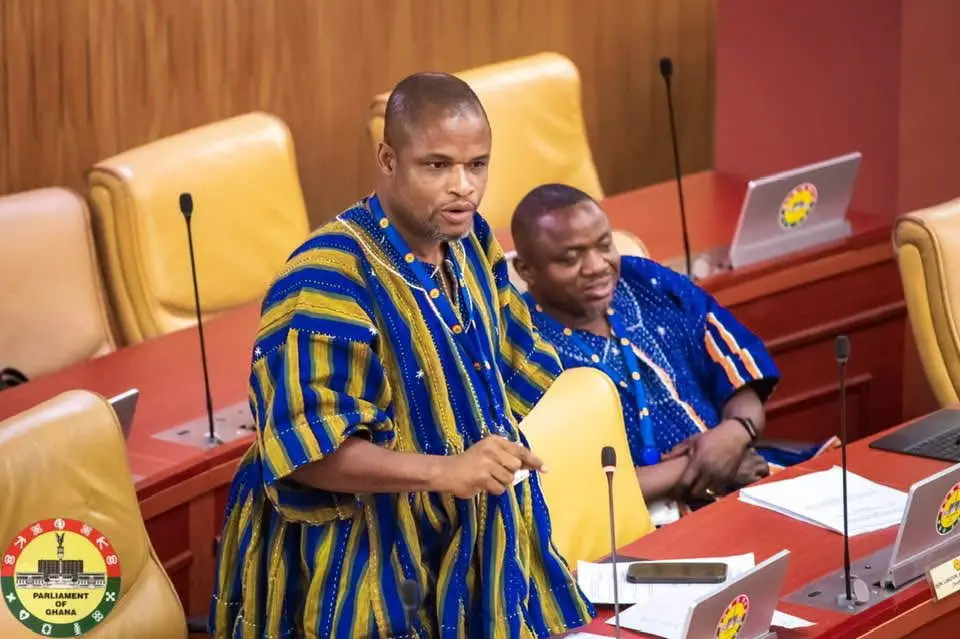
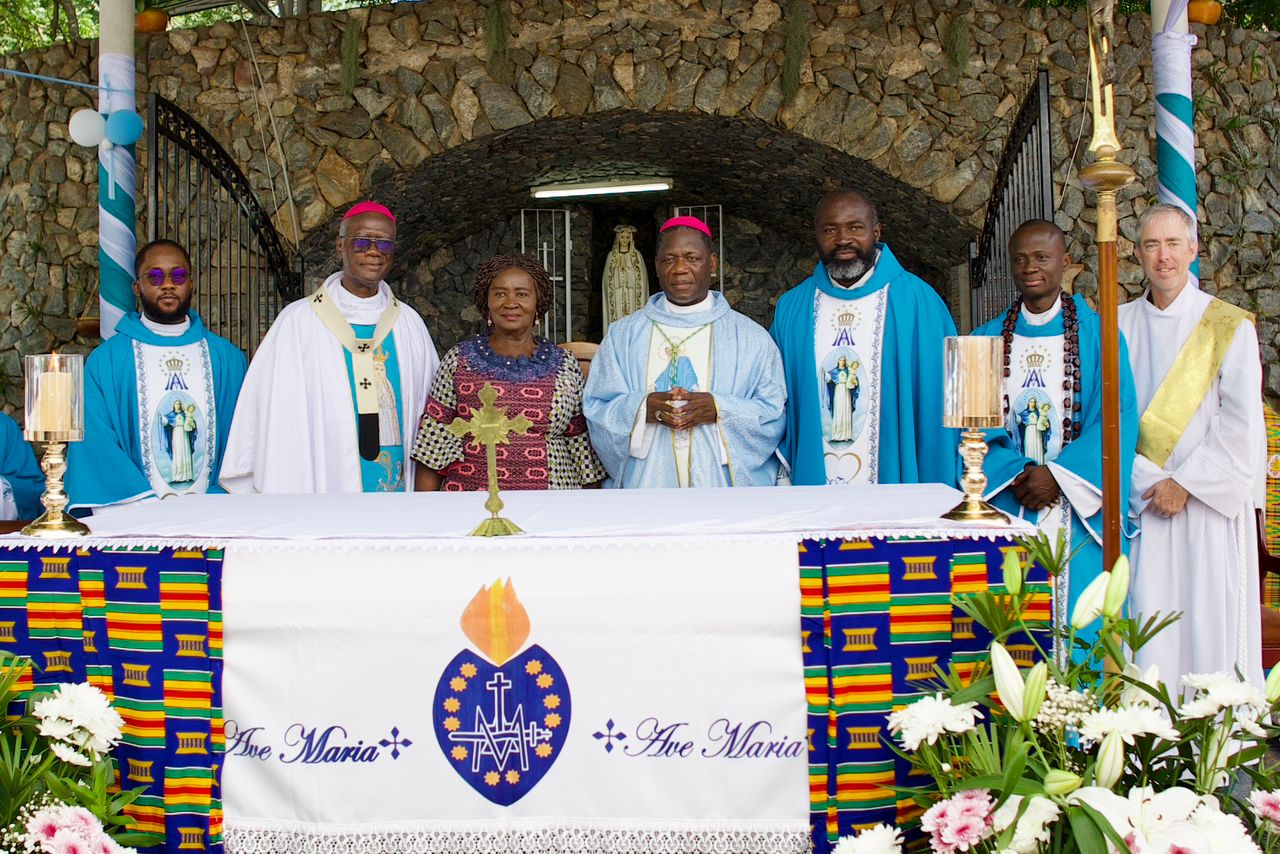
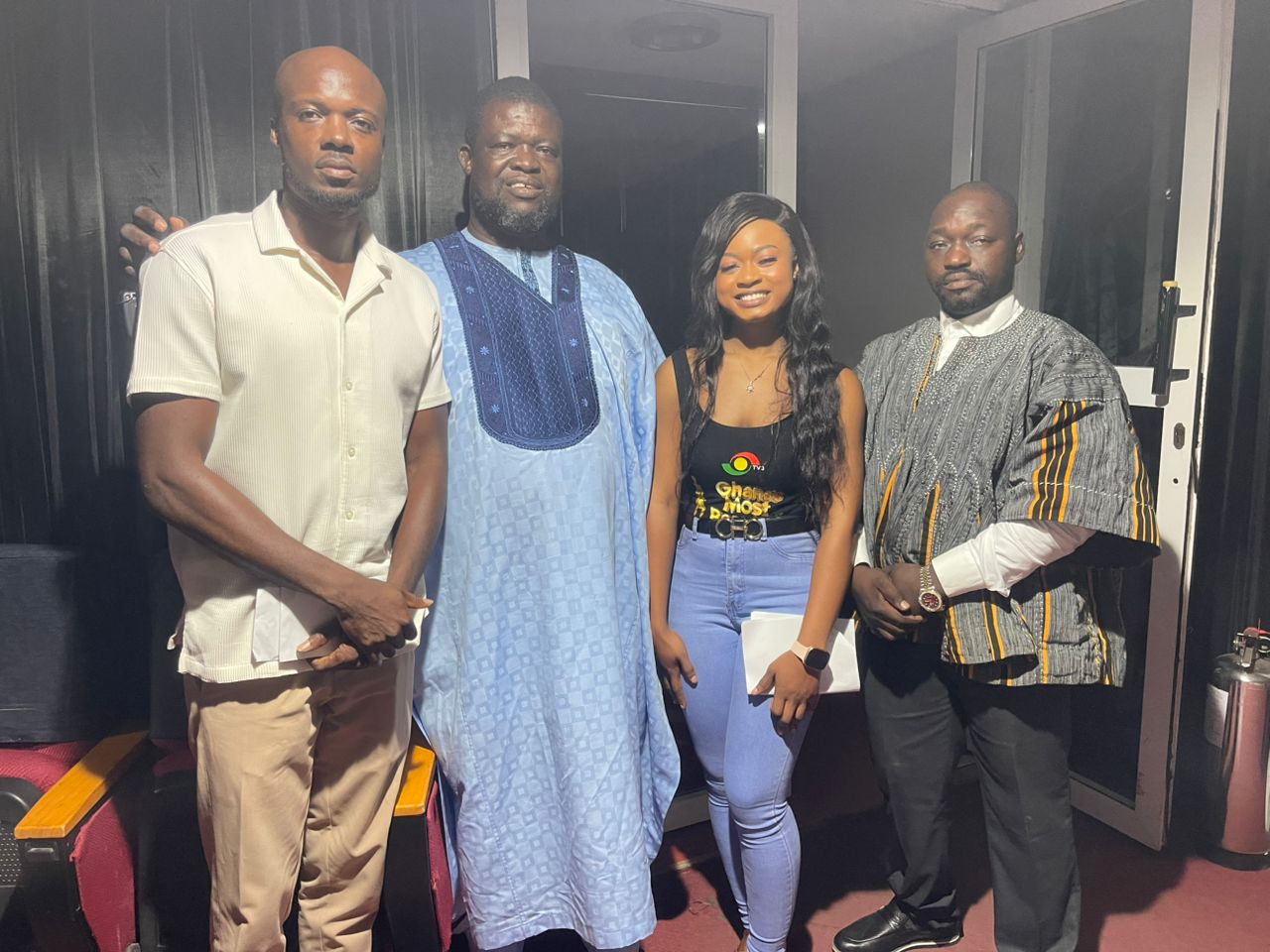

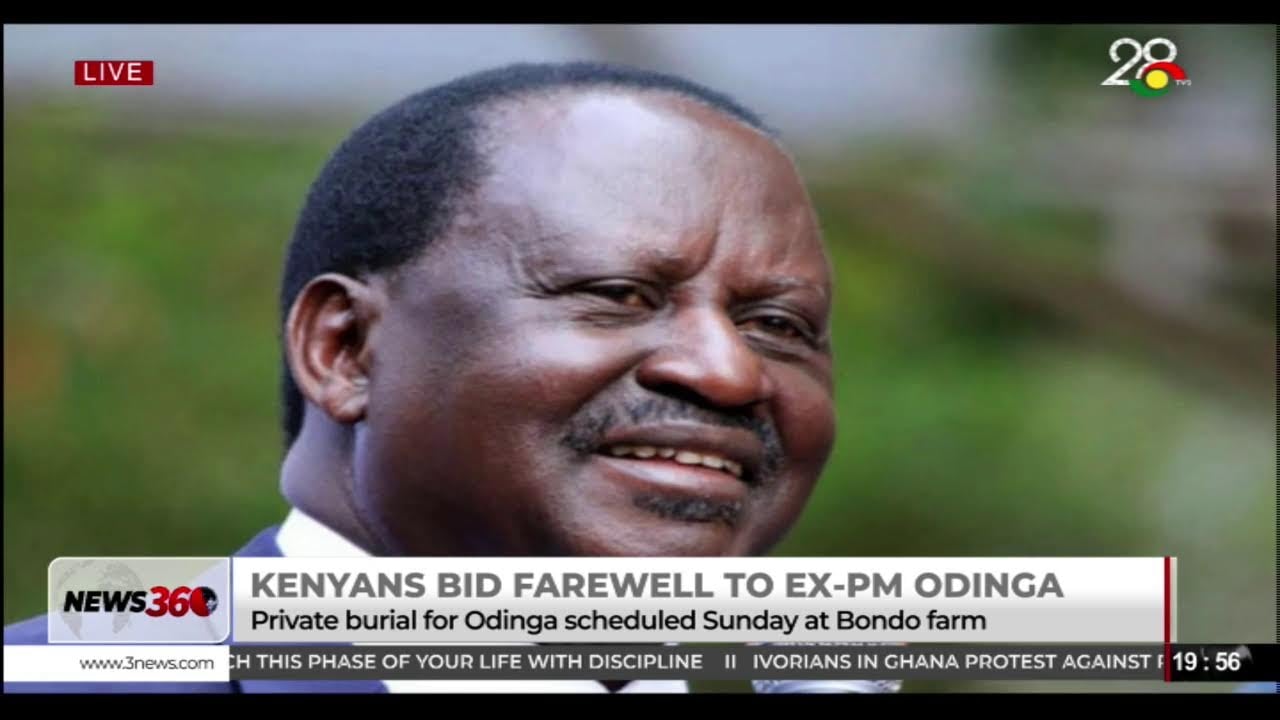

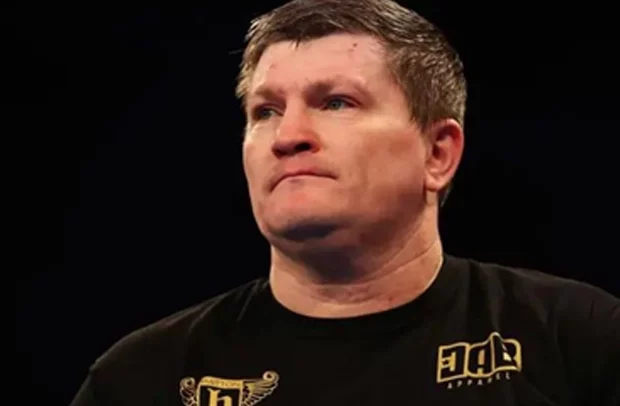


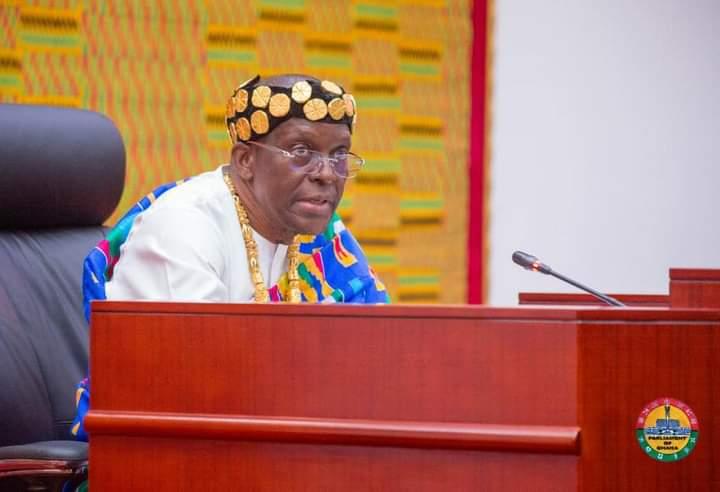
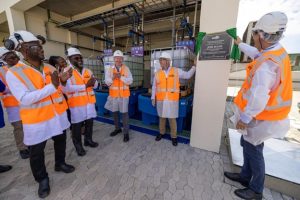
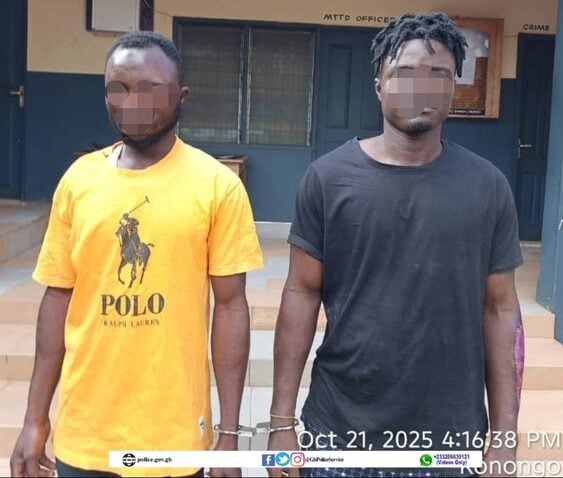


Facebook
Twitter
Pinterest
Instagram
Google+
YouTube
LinkedIn
RSS